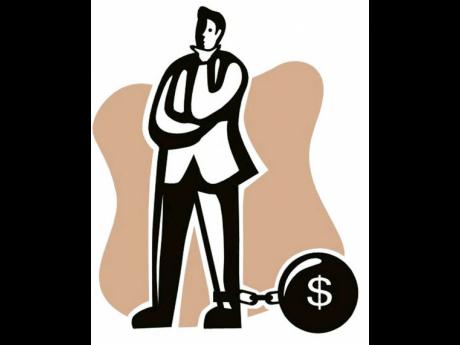QUESTION: I crave information on the subject of default on loans from microfinance companies, as they see death also as defaulting. My question is, does death of a borrower amounts to him defaulting? Bear in mind that death cheated him/her of a chance to fulfil this obligation. — Gregory
FINANCIAL ADVISER: When a financial institution lends money it intends to collect even if the borrower dies and this is not confined to microlending financial institutions. In general, there are several standard ways to treat such loan balances although there may be some variations, and how the institutions seek to recover what is owed to them depends on whether the loan is secured or unsecured.
If it is a secured loan, which means it is tied to a particular asset, the financial institution sells it to recover the sum owed and pays over to the beneficiaries of the deceased person whatever surplus remains after the debt has been satisfied.
With regard to unsecured loans, there are several courses available. If there is a co-signer or guarantor, that person becomes responsible for the debt and is required to ultimately pay the balance in full to the lender so it is important for co-signers to be updated about the state of affairs of any loans they have cosigned for.
Individuals should also give careful consideration to the responsibility they are assuming when they are cosigning before making that commitment.
One other way to ensure that a loan is repaid if the borrower dies before completing payment is to secure creditor life insurance for the borrower, and the co-signer in some cases, for the full term of the loan, which is encouraged by some lenders and required by others. The monthly premium is generally added to the monthly loan payment and paid as one sum to the lender which then remits the premium to the insurance company.
If there is no collateral, co-signer or creditor insurance the debt becomes the obligation of the estate of the deceased. The executor, or administrator if the borrower dies intestate, that is, without making a will, assumes responsibility for the payment of the debt as the personal representative of the deceased. Such a person is required to satisfy the debts of the deceased from the assets of the estate before making distributions to the beneficiaries.
Included in estate assets may be the proceeds of life insurance policies if “estate” is designated as the beneficiary but not if there is a named beneficiary such as a child or spouse because insurance proceeds go to the named beneficiaries. Other estate assets could be cash as well as bank account balances and investments in the name of the deceased only and which were not bequeathed to any person, cause or entity.
There are also cases in which insurance coverage is provided as protection in the event of critical illness. Should the borrower fall victim to specified medical conditions, the sum insured becomes payable and goes towards settling the debt.
Although this rarely happens, family members may opt to clear the debt of a deceased relative but that does not mean that lenders can pursue the family of borrowers for sums owed to them.
On the other hand, in much the same way that the debt of a person does not die with the person, money owed to the deceased does not die with them and the executor or administrator is expected to recover such sums from debtors so borrowers should just be honest and settle their debt by paying to the representatives of the deceased.
The dead cannot default for they are dead, but their obligations do not die with them as they become the obligations of their estate if other arrangements are not in place to repay the debt. Lenders will exhaust all possible means to collect, but this does not mean that they are free to do whatever they wish.




Leave A Comment